biotech supplies formulation ingredients bulk biopharmaceutical
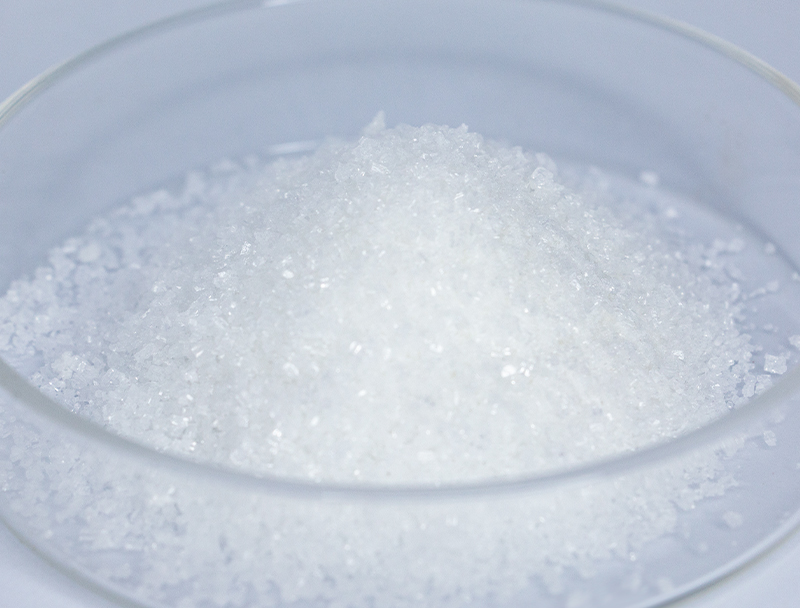
Modern biofabrication is grounded in an extensive collection of substrates for fabricating next-generation bio-products.
Guaranteeing ethical acquisition of feedstocks is vital for future-proofing and moral progress in biomanufacturing.
a range of complications linked to historic procurement practices including carbon-intensive impacts and resource exhaustion. Accordingly, companies are required to implement regenerative sourcing methods to mitigate footprints.
- Samples of circular procurement methods cover:
- Integrating compostable agricultural waste into supply chains
- Implementing closed-loop systems to minimize waste and maximize resource efficiency
- Connecting with nearby vendors prioritizing responsible supply
Adopting sustainable feedstock strategies yields environmental wins alongside fiscal sustainability.
Enhancing Biomass Composition for Superior Biofuel Results
Maximizing the efficiency of biofuel production relies heavily on the quality and composition of biomass feedstocks. Technologists actively pursue refinements to increase feedstock efficiency, leading to higher yields of biofuels and a more sustainable energy future. Tactics include molecular breeding to increase biomass and chemical or physical pretreatments to release sugars.
- Moreover, investigations target novel feedstocks like microalgae, municipal residues, and field residues to widen the pool of renewable biomass for biofuel use.
- Thanks to continuous exploration the sector is prepared to realize considerable strides toward an eco-friendlier energy mix.
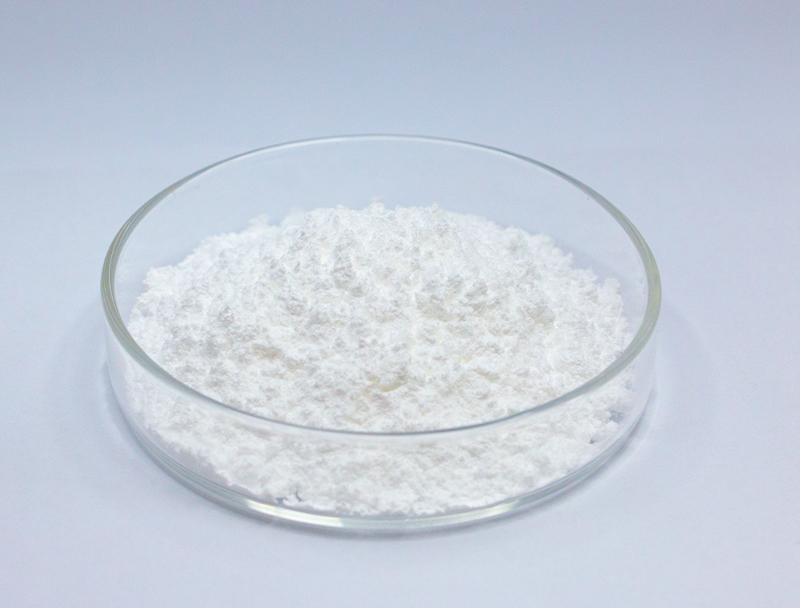
Biopharmaceutical Manufacturing: Advancements in Upstream Processing
covers the early phases of biopharma production including culturing and biological harvesting Recent developments in this field have resulted in optimized workflows that raise overall output.
Notable improvements feature new expression systems, refined media recipes, and automated reactor platforms. The improvements increase output while decreasing cost structures and sustainability impacts.
- Additionally, a shift to integrated continuous operations is providing enhanced flexibility and responsiveness in production.
- The progression to advanced biomanufacturing approaches should modernize the field and quicken therapeutic progress.

Advances in Gene Editing to Boost Therapeutic Production
breakthroughs in precise gene modification systems have reshaped biopharma production. By precisely targeting genes within host organisms, researchers can enhance the yield of valuable therapeutic proteins. Such strategies offer promise to create cost-effective, high-efficiency therapeutics across many disease areas.
Microbial Approaches to Effective Bioremediation
state-of-the-art biological cleanup solutions using targeted microbial actions. Certain microbes have capacities to biotransform contaminants into nonharmful forms.. Using microbial biotechnology enables remediation strategies that balance effectiveness with ecological protection. Researchers screen diverse microbial taxa for metabolic pathways suited to remove heavy metals, pesticide residues, and hydrocarbon contamination.. These microorganisms can be employed in bioreactors or directly at contaminated sites, promoting the breakdown of pollutants through biodegradation processes..
Biotechnology-driven remediation delivers notable upsides compared to conventional cleanup tactics. These methods are economical and eco-conscious while reducing hazardous secondary waste. Concurrently, these solutions provide focused remediation without widespread environmental harm. Advancements continue apace to increase the speed, efficiency, and applicability of microbial remediation techniques.
Leveraging Bioinformatics for Novel Therapeutics
Computational tools have grown indispensable in the current drug discovery landscape. From target discovery through candidate optimization, bioinformatics facilitates streamlined, hypothesis-guided workflows.
- With analysis of broad omics and clinical datasets, bioinformatic experts identify targets and model drug effects.
- Similarly, modeling drug–target interactions streamlines design of compounds with better efficacy and selectivity.
- Ultimately, informatics is transforming R&D and shortening timelines to deliver safe, efficacious therapies to patients.
Optimizing Metabolism to Increase Bioproduct Production
deploys several tactics to elevate cellular production of valuable biochemicals. Methods might combine targeted gene changes to rechannel flux, regulatory element design to control expression, and exogenous gene introduction to provide fresh capabilities.. Via targeted metabolic optimization researchers can meaningfully escalate production of desired biochemicals.
The multifaceted strategy promises to reshape sectors like biotech, agritech, and renewable fuel industries.
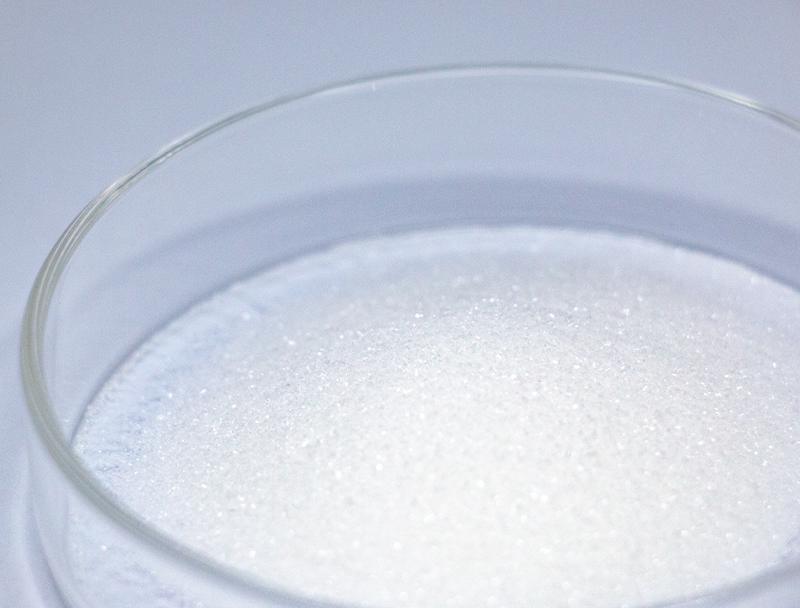
From Lab to Plant: Challenges and Opportunities in Biomanufacturing Scale-Up
Transitioning to higher volumes entails serious complications and potential rewards. Ensuring product consistency at larger manufacturing scales represents a major hurdle. Solving it involves resilient control frameworks, high-resolution monitoring, and modern analytical tools.
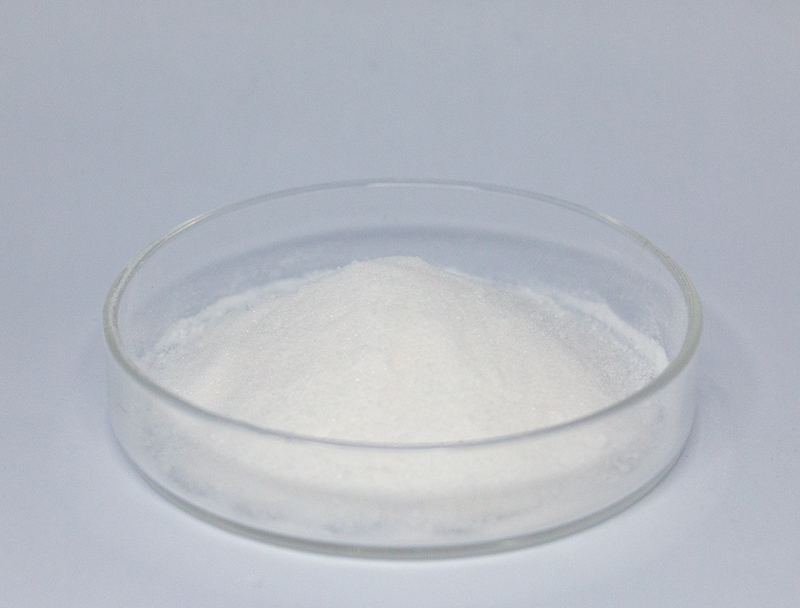
Complexity in multi-step biomanufacturing operations presents ongoing operational challenges.. Scaling optimization is a resource-intensive task that calls for substantial innovation and study.. Still, the gains can be meaningful. Effective scale-up may expand patient access to therapies, cut unit costs, and improve margins.
Multiple programs focus on resolving scale-up difficulties. They encompass new process-improvement tools, in-line analytics for continuous oversight, and creative manufacturing approaches.
- Ongoing innovation drives improvements in industrial production capability.
- Regulatory frameworks are being optimized to accommodate novel production technologies and promote innovation.
Mapping the Compliance Environment for Safe Therapeutic Development
Manufacturing biopharmaceuticals entails detailed regulatory processes to copyright safety and clinical performance. Biologic therapeutics bring unique regulatory and manufacturing demands unlike traditional pharmaceuticals.
Bodies like FDA and EMA shape the regulatory landscape and set benchmarks for evaluating innovative therapies..
Strict validation and testing steps are required across the product lifecycle from lab studies to post-market oversight.. Such safeguards are intended to detect hazards and ensure therapeutics adhere to top-tier safety benchmarks..
Moreover, oversight agencies continually refine approaches to align with accelerating scientific progress in therapeutics.. This includes embracing novel technologies and facilitating the development process while maintaining a commitment to patient well-being.
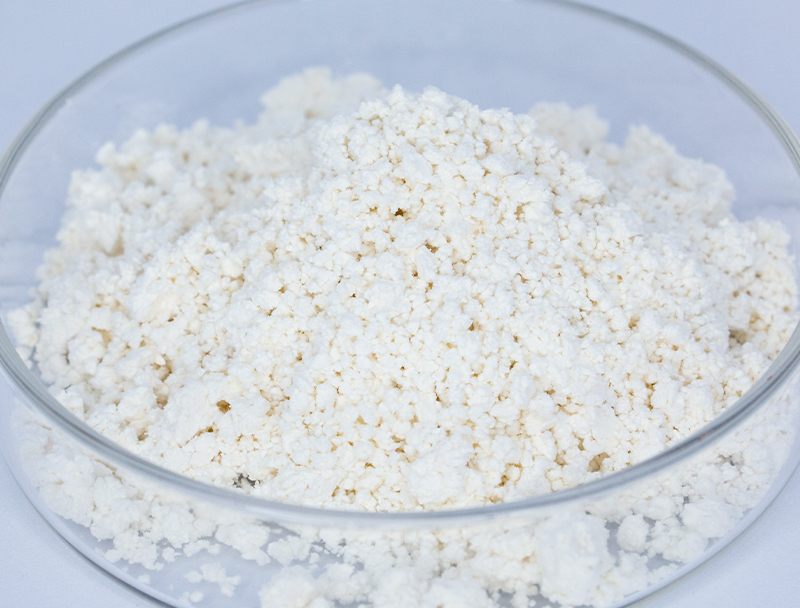
Plant-Based Biomass Options for Bioplastic Manufacturing
A stronger push for environmentally responsible materials is driving research into renewable options. Plant-based bioplastics made from biomass feedstocks present a hopeful path to reduced plastic 5-ALA impact. Sources like cornstarch, cellulose fibers, and sugarcane biomass can transform into compostable plastics that decompose and reduce pollution.
Similarly, selected bioplastics offer analogous properties to traditional plastics suitable for many applications.. Continuous development will unlock plant biomass value for sustainable bioplastic production and support circular systems.
Biotech Contributions to Global Health and Crop Productivity
Modern biotech tools present opportunities to improve global health and stabilize food production. Through CRISPR, synthetic circuit design, and cell therapy progress, developers generate methods to counter infectious agents, optimize crops, and elevate nutritional profiles.. For instance, genetically modified crops can be engineered to resist pests and environmental stresses, leading to increased agricultural production and reduced reliance on harmful pesticides.. Additionally, biotech enables faster vaccine development, novel antimicrobials, and precise diagnostics critical to infectious disease control and health improvement.. Looking forward, continued biotech progress promises to deliver therapies and agricultural solutions that support health and sustainability worldwide.
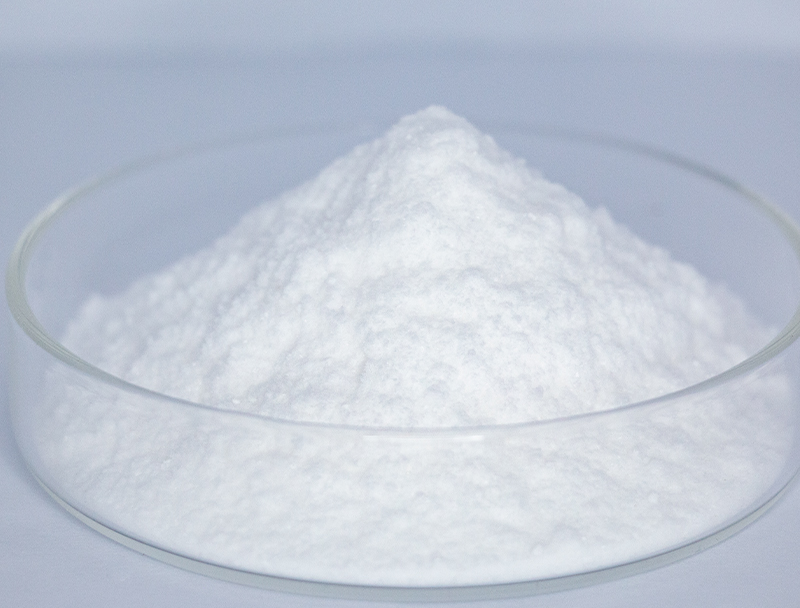 Sialic Acid
Sialic Acid